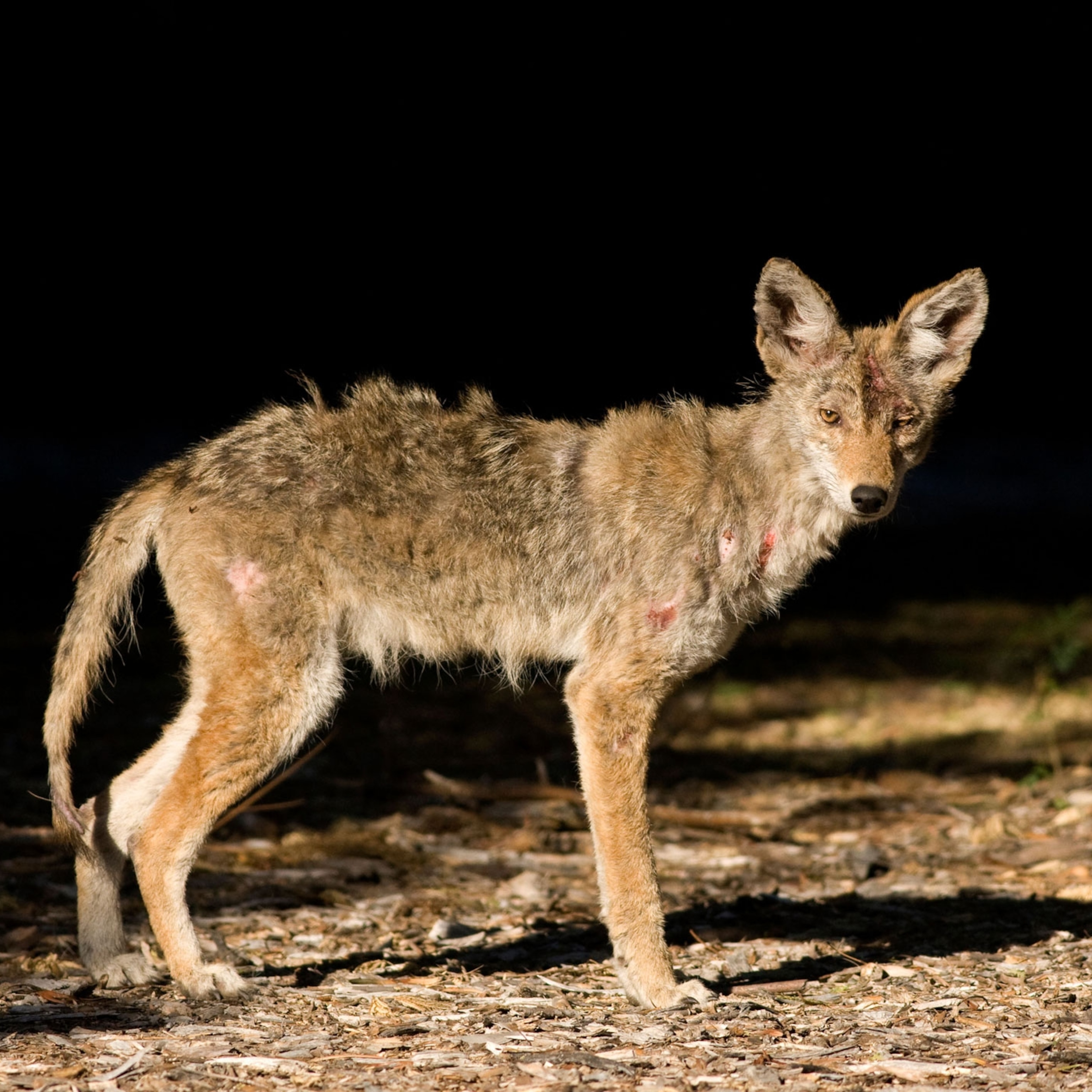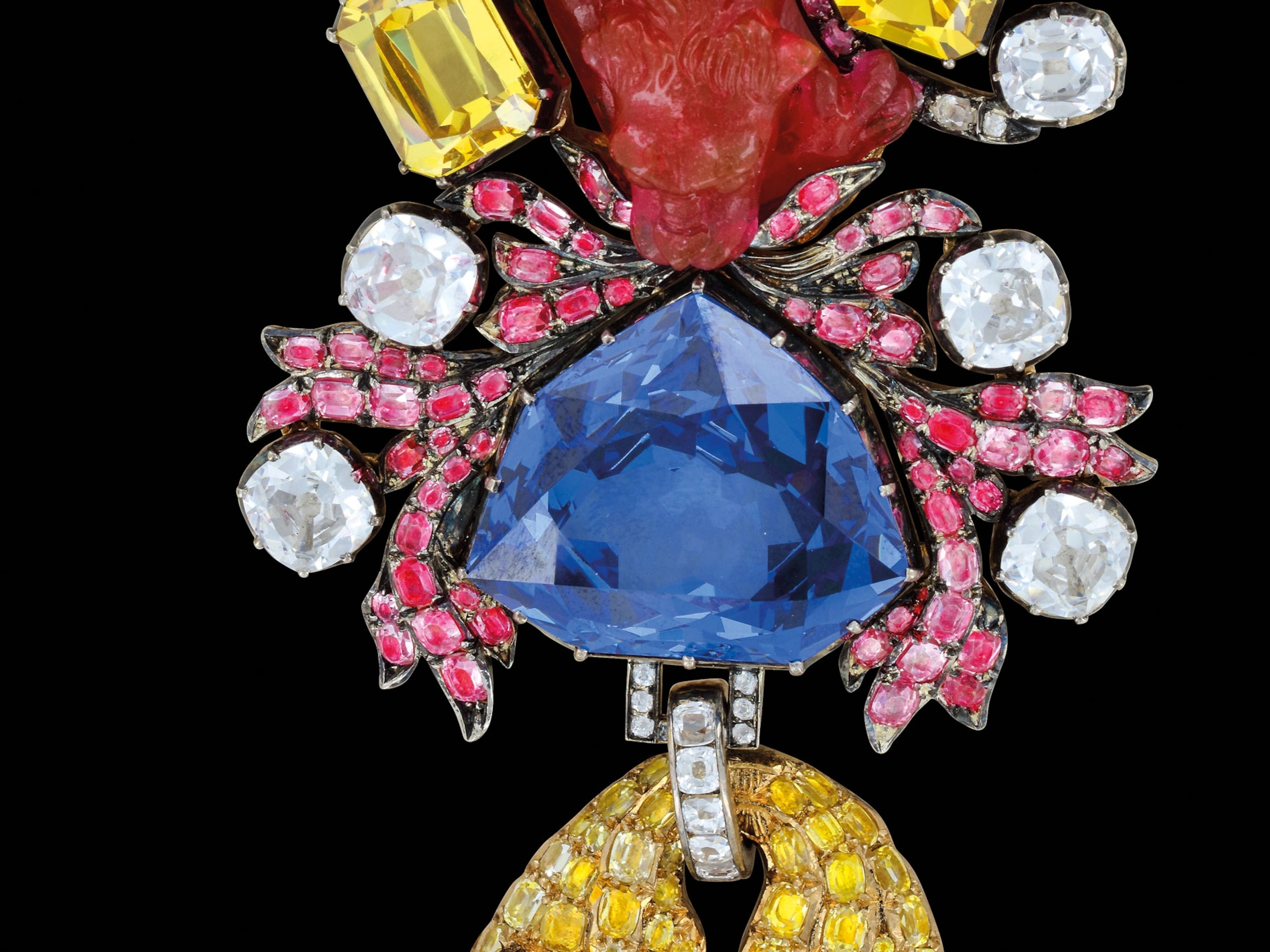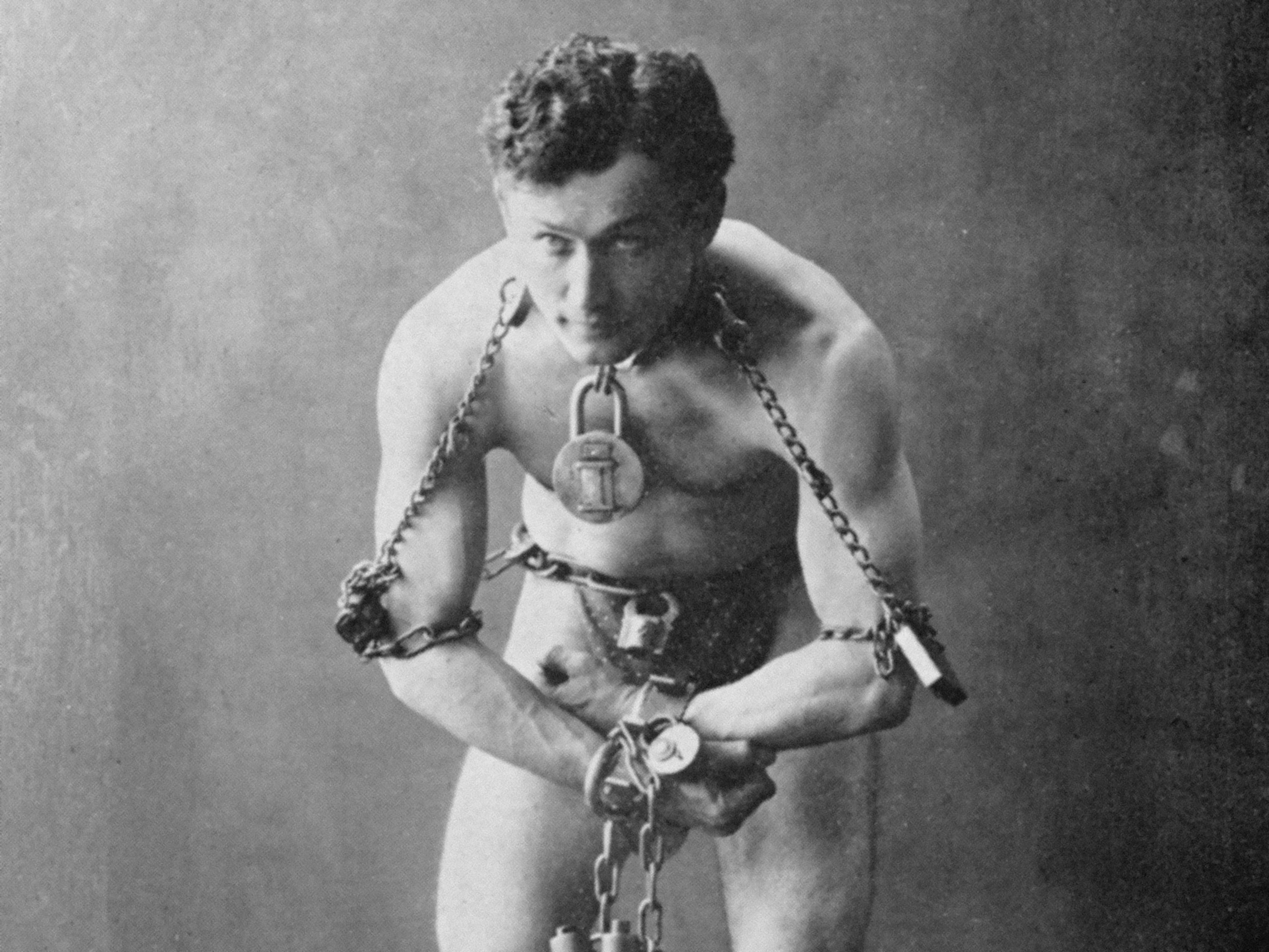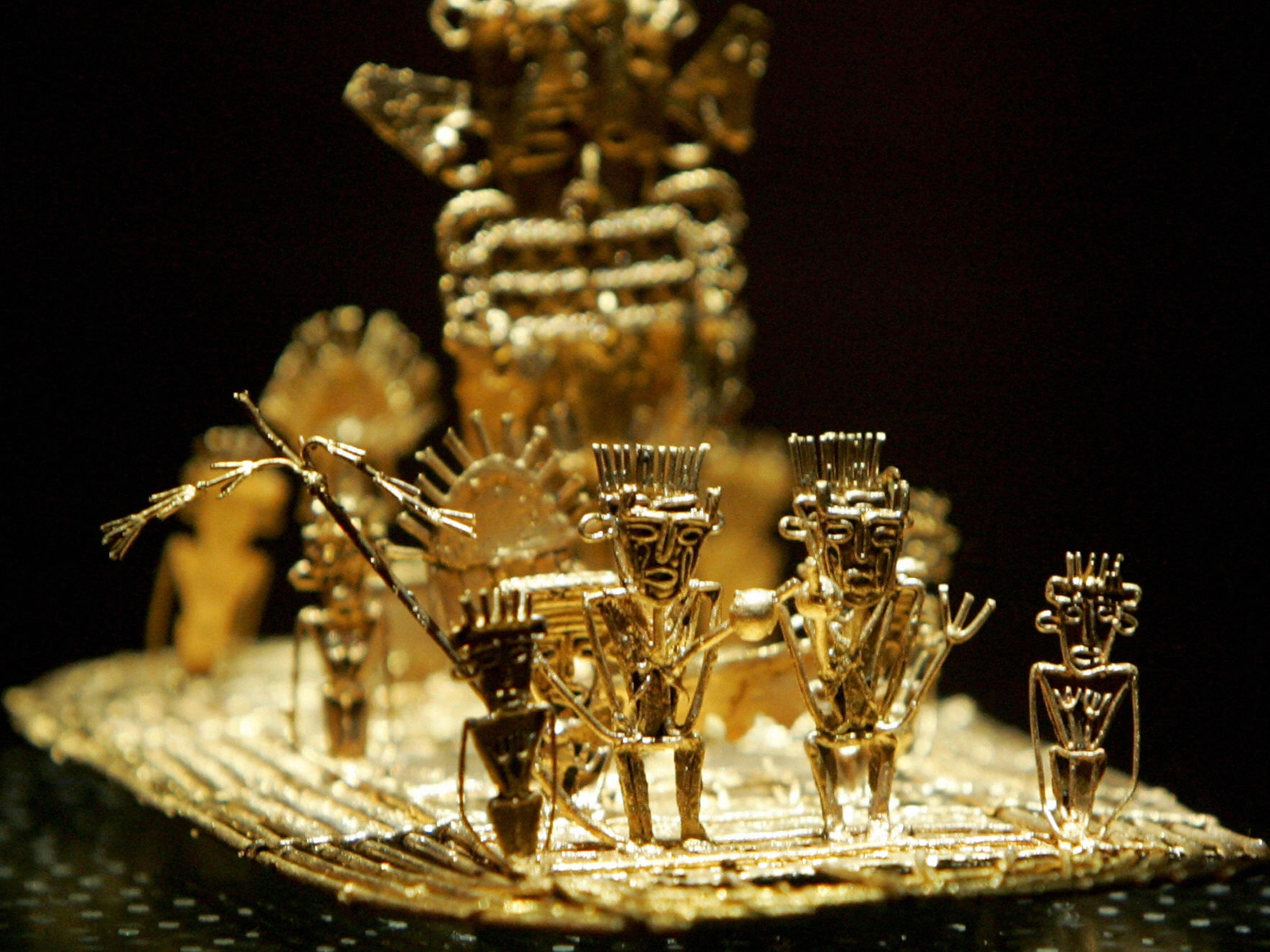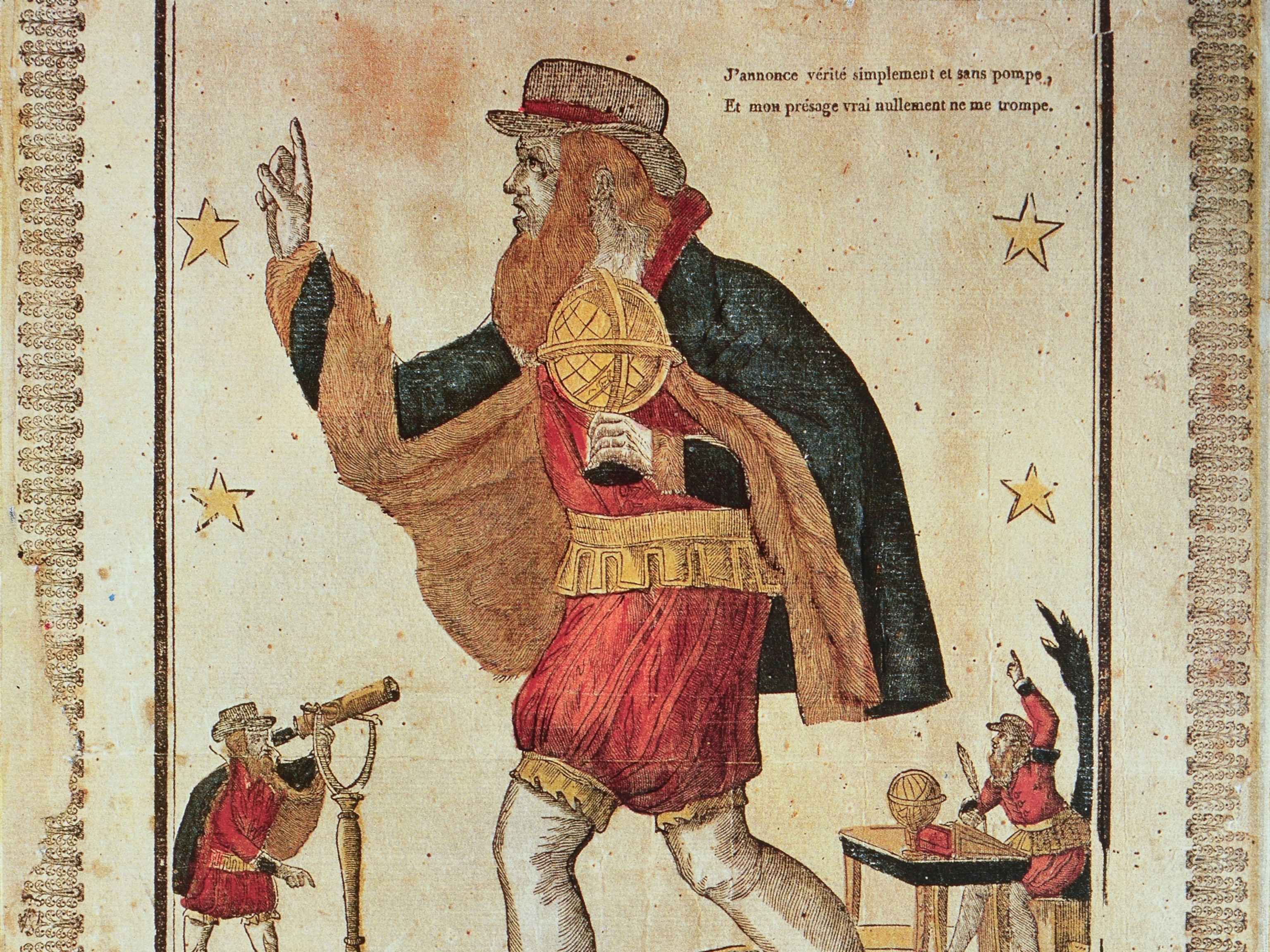The Sex Lives of Slugs—and Other Mysteries of the Animal Kingdom
Looking at and wondering about our fellow creatures is a good first step toward saving them, says author.
Simon Barnes is one of Britain's best-loved sportswriters. He's also a passionate wildlife enthusiast and conservationist. His new book, Ten Million Aliens: A Journey Through the Entire Animal Kingdom, is his deeply researched, often hilarious, compendium of stories about the weird and wonderful creatures that surround us—the ones few of us notice.
Talking from his home in the marshes of Norfolk, England, he explains the difference between sport and wildlife, why hunting wasps shook Darwin's belief in a benign creator, and how the mating habits of slugs make Fifty Shades of Grey pale by comparison.
Your book opens with the words "endless forms most beautiful and most wonderful have been and are being evolved." How do they frame the narrative?

It's the final sentence of Charles Darwin's great work of 1859, On the Origin of Species, the book that changed the way the world thinks, that changed the way humankind looks at itself and its place in the world and God.
It's one of the biggest sentences from one of the biggest books ever written, and my concept for this book was that I wanted to write something that encompassed every single one of those endless forms. In order to try to give it some shape, I framed it with that sentence. The book then ends with the opening part of that sentence. It shows that life is not something that begins and ends. It's something that endlessly renews itself.
Tell us about the sex lives of slugs.
[Laughs] Slugs were one of the things that inspired me to write this book. I was writing a newspaper story, trying to find an animal that was basically unattractive to humans, but as you look closer becomes fascinating. As soon as I started reading about the sex lives of slugs, I was absolutely entranced. Who could not be? Not only do they do it by means of slime, often hanging from a rope of slime as if they were doing it on a trapeze, they also have complex copulatory rituals.
Slugs start as hermaphrodites, so they'll be both male and female. One courting ritual will often involve two slugs circling around each other, each waving its penis. The penis, relative to body size, is quite massive, about half the size of the body. So they circle around, waving a giant penis overhead, then mutually enter each other and fertilize each other in a process that will go on for hours and hours.
When it's all done, they then have to break it off, and this, alas, is not always a mere metaphor. Sometimes the penis, which is corkscrew shaped, will be reluctant to come out, whereupon one of the slugs will kindly perform the favor-you may cross your legs at this point—of nibbling it up. It's called apophallation.
The nibbled-off slug will then slither away, hermaphrodite no longer, to live the rest of her life as a female.
The evolutionary biologist Edward O. Wilson predicts that by the end of this century half of all species will have gone extinct. But the massive threat to wildlife only gets a brief mention in your book. Why?
I wanted the book to be a celebration of what we have—about how the animal kingdom has come about, and what riches there are in it. What the great Ed Wilson says is unduckably true, and it's a hard truth to have to deal with. But I have a theory that when it comes to conservation, optimism does you no great service any more than blanket pessimism. There's no point in saying, The world is destroyed; we're all doomed. Equally, there's no point saying it's going to be all right. What matters is that you decide to fight on the right side. If people can look at our fellow creatures in the world, and wonder at them, then that is a good first step towards thinking about saving them.
Tell us about your work with the World Land Trust.
It's been a great adventure. The World Land Trust is a charity that works close to where I live in the east of England. They finance land purchases but don't actually own any land. They buy land on behalf of highly motivated, cash-strapped NGOs, mostly in the developing world. I've been able to visit and write about fantastic projects in Belize, Paraguay, Brazil, and India. I'm recently back from Armenia, where I've been working on a project that's attempting to save the leopard that still hangs on at the rim of Europe. Before that I was in Borneo attempting to save the orangutans.
It's been a deeply enriching thing to do, and it shows that a comparatively small-scale organization can make a considerable difference, if the money is used with style and purpose—and is administered on the ground by crash-hot conservationists.
Darwin was troubled by wasps. You call them "the express route to the problem of evil." Unpack that idea for us.
Darwin once suggested that he could work as a devil's chaplain and list all the creatures that we humans find morally repugnant. The wasps Darwin had in mind were hunting wasps. You can look at them, if you like, as devoted mothers. What these devoted mothers do is lay an egg and bury it. But instead of just leaving it to fend for itself, they go out and catch small creatures, generally small spiders, and bring them to the nest and leave them there.
They don't just leave them there dead, though. They would rot and be no good to the grub when it finally hatched. They anesthetize them, so your grub hatches out to find it's inside a living larder—a row of seven or eight still living spiders, on which it will gorge and eventually develop into a fully-fledged hunting wasp itself.
There are an awful lot of creatures that are very difficult to explain if you want to believe in a benign creator. The great David Attenborough is sometimes asked how come he doesn't believe in God when there are wondrous things like orchids and hummingbirds. He always replies: How about the small boy sitting on the bank of a river in West Africa with a worm boring into his eye that's going to make him blind?
Were you always drawn to nature? Or is it a passion of your mature years?
When I was a boy, I was absolutely mad about the stuff. I read nothing but books about animals, some fiction like The Jungle Book, books on bird identification and dinosaurs. I was absolutely mad for it. But I never learned how to appreciate the wild world. I always wanted to, but I was never really shown how.
Then, just after I'd turned 30, I went to one of the national parks in Sri Lanka. The park was set around a lake. It was a drowned forest, and on every tree, like fruit, there were these pygmy cormorants, thousands upon thousands of them. It was like taking a motorboat straight into Rubens's "Garden of Eden."
It was one of those Damascene moments, except it wasn't a conversion. I was already converted. It was saying, Why have you not spent all your life looking at stuff like this, when you knew all along that this was what you love more than anything else in the world? And I said, You bet—from now on this is what I do. This is what I am.
As well as being a wildlife enthusiast, you were a renowned sportswriter for the London Times. Are sport and wildlife mutually exclusive—or complementary—pursuits?
It's like my two heroes, the novelist James Joyce and Darwin. They're complementary. If you're writing about sports, you're writing about human beings. But instead of in politics or business, when everyone is trying to cover up the entire time, an athlete in competition is stark naked in front of you. So if you want to write about people, sport gives you a better opportunity than anything else. And that's something I always reveled in, and absolutely loved writing about.
But I felt that writing wasn't complete if I also wasn't writing about wildlife. Not because sport isn't enough. But because humanity isn't enough. People occasionally ask me which I like best. It's pretty easy to answer. If sport was abolished overnight, then I expect I'd manage to find some other way of writing about humanity. But if wildlife was abolished overnight—a far more likely possibility—I don't think I'd want to live.
In the index, you list numerous words associated with animals, from metamorphosis to instinct to reproduction. One word that matters more than any other to us humans is not there. Is love an exclusively human emotion?
I think that's my next book, perhaps. It is the most important thing. "The word known to all men," Joyce writes in Ulysses. And one of the things observers of animal behavior shy away from. I remember a story about a Ph.D. student whose observations about animals included words like friendship and affection. His supervisor always changed this to proximity. Eventually, the student concluded that the closest the professor had probably come to love in his life was proximity. [Laughs]
It's a dangerous question. On the other hand, it would be reckless and stupid to say that love as we understand it cannot exist between nonhuman animals. I've been present at the birth of a human on two occasions, and on each occasion the arrival of the individual was greeted with love both by myself and by my wife.
I've also attended the birth of a foal. In fact, I helped with the delivery process. And I've never seen such an extraordinary moment of bonding. When the foal first appeared, the mare, who was down on the ground, looked over her shoulder to where I was at the back end hauling the damn thing out. The expression in her eyes, and this is not imaginary, was something I'd not seen before. She gave this low chuckle, the come-hither chuckle. There was something much more than proximity going on there.
Tell us about your other daily interactions with the natural world.
I live in the county of Norfolk, in the east of England. Out the back, at which I am staring now, we have about four acres of marshland on a floodplain, which I manage entirely for wildlife. They own it, but I have the privilege of being able to walk out on it or sit down and see what turns up. I did that at dawn in May. An otter swam past, fishing hard. Didn't even notice I was there—and I was only six feet (two meters) away. I also keep horses, which is sort of the nonhuman world more than the expressly wild world. Though one of the reasons we have horses that are "lively" is that we like to keep a little bit of the wildness in them.
The book ends with a plea for the continued "dissolving of the animal-human boundary." Explain what you mean by that—and why it's important.
I think it's important to understand the world and who we are by understanding that we are animals. We don't come from animals. We are animals. We breathe, we eat, we defecate, we copulate, we give birth, just the same as our fellow mammals. We may be able to boss the Earth around by our power and technology. But we're not separate from the rest of the animal kingdom. We're kin to it, as it is kin to us.
We're all part of the same planet, "its endless forms most beautiful." At least I hope and pray that they are endless.
Simon Worrall curates Book Talk. Follow him on Twitter or at simonworrallauthor.com.
Photographs (from left to right) by National Geographic Creative photographers Michael Nichols, Chris Johns, Robert S. Oakes, Anne B. Keiser, James P. Blair, Paul Zahl, Joseph H. Bailer, Sam Abell, Paul Zahl, George F. Mobley, Michael Nichols, Bianca Lavies, Bruce Dale, Paul Zahl (2), Joe Scherschel, Sam Abell, and Robert F. Sisson and Donald McBain

